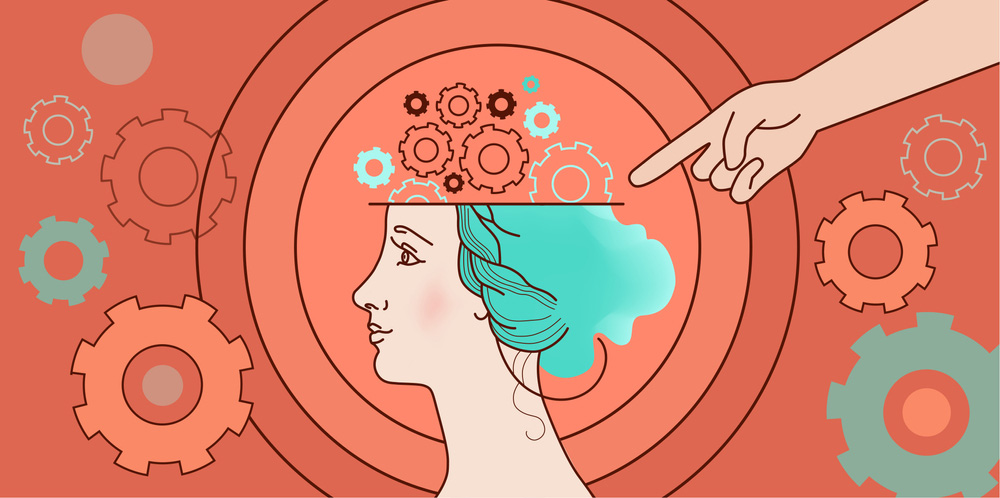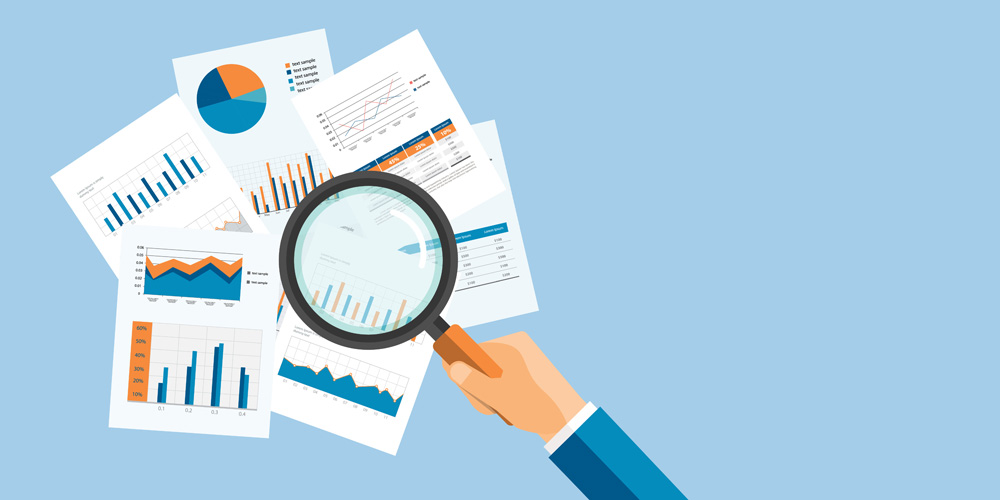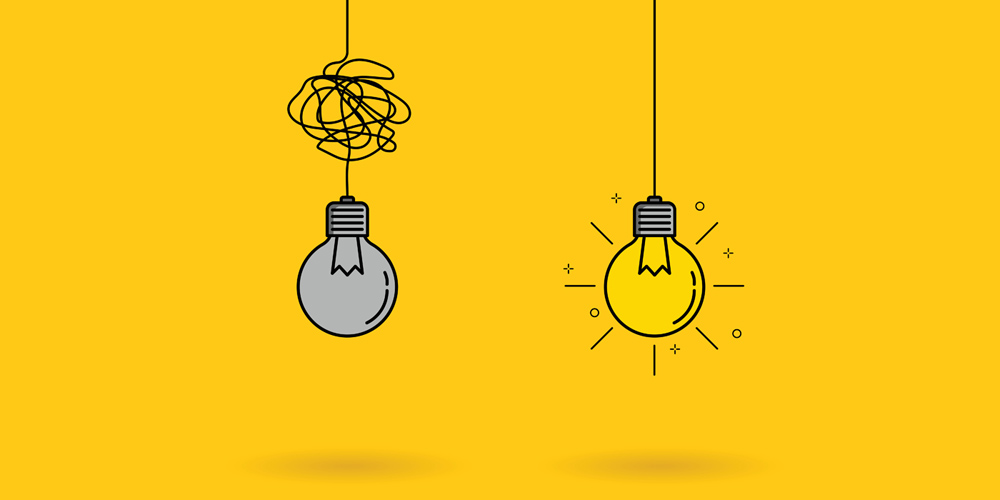
Social networks have revolutionized the use of the internet and relationships between humans. But they have also created many evils that are often overlooked. Research has just proven Facebook’s negative impact on teenagers’ mental health. Between 2008 and 2020, the percentage of teenagers suffering from psychological problems doubled, and 24% of this increase is due to Facebook.
Statistics: mental health and the Facebook effect
- In the United States, 20% of adults suffer from psychological problems each year, and 5% suffer from mental illness
- The research conducted on a sample of 430,000 responses collected over 8 years estimates that 1/4 of the increase in mental health problems in the United States is due to Facebook
- Facebook’s effect on mental health deterioration is equivalent to 22% of the impact of job loss
- Suicide attempts among 18-23-year-olds increased from 7.5% in 2008 to 14% in 2019
- Episodes of depression have increased the most among 18-23-year-olds. In 2008, 8% of young adults surveyed were affected. In 2019 they were 15%.
- The percentage of young adults (18-23) who experienced psychological stress in the past 30 days increased from 8% in 2018 to 17% in 2019
The research published in July 2022 by 3 researchers from the universities of Rome (Bocconi), Boston (MIT), and Tel Aviv is a real breakthrough. It demonstrates with an almost experimental method what we already assumed: Facebook negatively influences our mental health.
This negative influence had, of course, already been pointed out by other research. But never before had the demonstration been so strong and the quantification of this impact so solid.
[call-to-action-read id=”55755″]
The authors of the research had a brilliant idea. They used a national survey on the mental health of higher education students (430,000 responses between 2000 and 2008 received via the National College Health Assessment, 37% response rate) and the deployment schedule of Facebook in American universities and colleges. Let’s recall that Facebook was created in February 2004. The social network was then gradually deployed, university by university. Among the institutions where Facebook was made available, it is estimated that in September 2005, about 85% of students had a Facebook profile.
Methodology
In practice, the researchers relied on 2 data sets. First, they reconstructed the deployment schedule of Facebook in 775 universities and colleges using the Wayback machine.
On the other hand, they obtained a data set containing the ID of the institutions from the survey managers.
By joining the two datasets, the results of the National College Health Assessment could be correlated with the phased introduction of Facebook.
The authors were, therefore, able to use a statistical method called “difference in differences” to assess the effect of the introduction of Facebook.
Using Facebook is equivalent to 22% of the stress you would feel if you lost your job.
The results
As we said in the introduction, the results are instructive. They confirm what many people suspected, but above all, they quantify Facebook’s effect on users’ mental health. Two mechanisms are identified:
- social comparison: Facebook propels the user into a game of comparisons with his peers from which he may emerge affected. (See Gerlach et al. 2016)
- Work disruption: using social networks disrupts concentration, decreasing efficiency, and quality of work. (See Griffiths et al. 2014)
Using Facebook is as bad as losing your job
The results show that the effect of Facebook on a user’s mental state is equivalent to 22% of the effect of losing a job. In other words, just using Facebook is equivalent to 22% of the stress you would feel if you lost your job.
Facebook is directly responsible for the deteriorating mental health of 380,000 students.
Facebook has deteriorated the mental health of Americans by 2 percentage points
Since 2008, the mental health of Americans has only gotten worse. This deterioration is visible regardless of age but is particularly striking for the 18-23-year-old segment. Simply put, the proportion of 18-23-year-olds in psychological distress has doubled in 11 years. The figures vary according to the indicators, but we can say that we have gone from 8% of people in pain to +/-16%. The effect of Facebook is equivalent to 2 percentage points. Knowing that there are 19 million college students in the United States means that Facebook is directly responsible for the deterioration of the mental health of 380,000 students.
Profiles at risk on Facebook
Research shows that the students most at risk are those who already have a mental illness. For the latter, the risk increases with the time of exposure to the platform.
Impact on academic performance
After the introduction of Facebook, students were statistically more likely to attribute the decline in their academic performance to the decline in their mental health.
Conclusion
The social networking revolution is far from being only positive. Besides keeping users busy with futile activities, social networks have a very negative psychological impact. The youngest generation is the one that suffers the most, probably because they have fewer points of reference to protect themselves and are still in the construction phase.
Facebook is directly responsible for the deterioration of the mental health of hundreds of thousands of Americans every year. It is high time that parents become aware of this scourge and protect their children.
For further information
Appel, H., Gerlach, A. L., & Crusius, J. (2016). The interplay between Facebook use, social comparison, envy, and depression. Current opinion in psychology, 9, 44-49.
Griffiths, M. D., Kuss, D. J., & Demetrovics, Z. (2014). Social networking addiction: An overview of preliminary findings. Behavioral addictions, 119-141.
Posted in Research.



